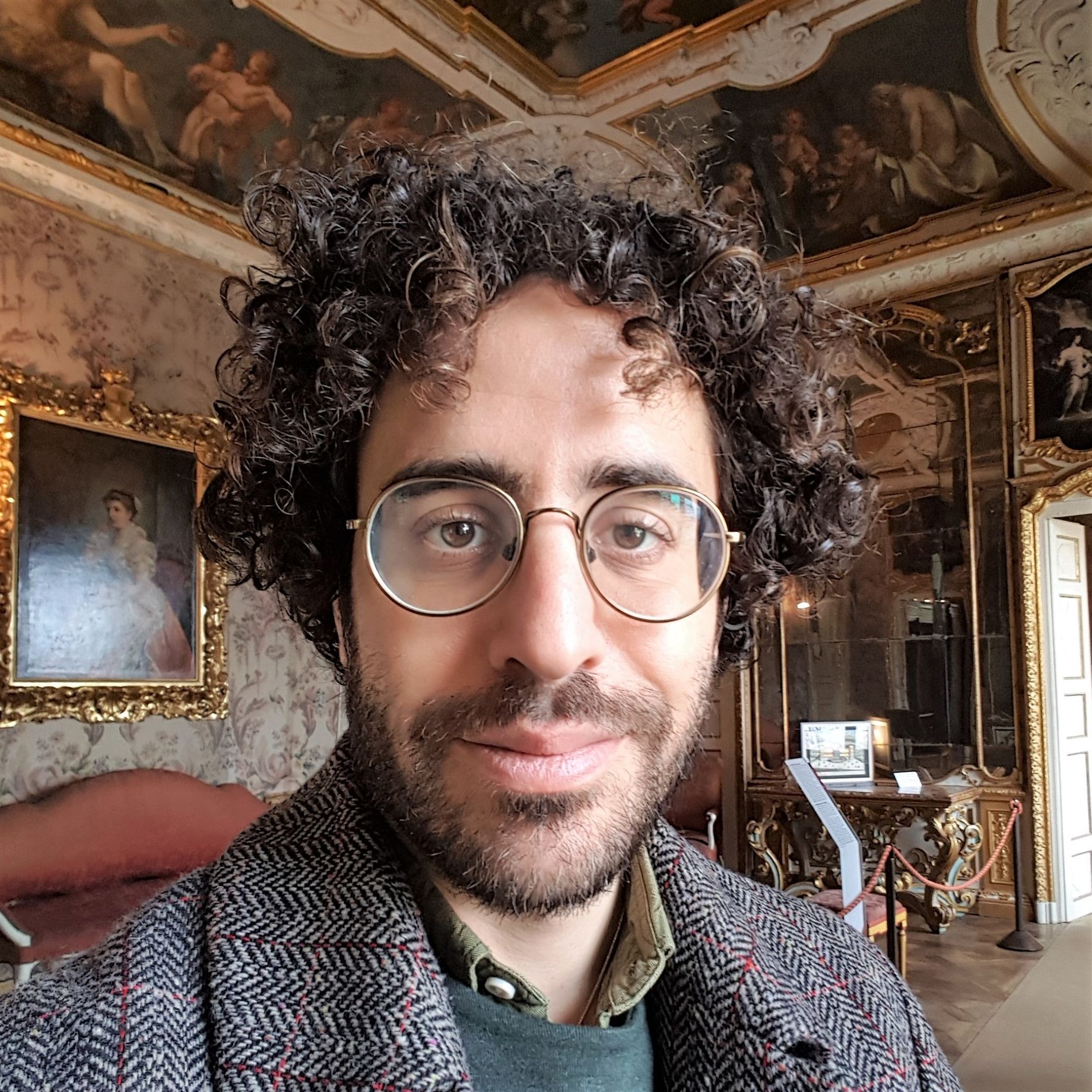Pamphleteering Islam in the Ottoman Mediterranean
Nir’s research examines the vernacular legal works that he calls “manuscript pamphlets” – cheap, hand-written, and very mobile texts that circulated widely and rapidly across the Ottoman Empire during the seventeenth and eighteenth centuries. Like social media in our own times, these manuscript pamphlets developed new publics and connected the empire but they also created uneven and “lumpy” intellectual and political landscapes as their circulation disrupted traditional mechanisms of knowledge transmission and authorship. These effects in turn exacerbated the deep polemical debates in the seventeenth century about the proper practices and beliefs of Muslims that took place within the sphere of Islamic law. Manuscript pamphlets both turned law into the primary space for polemical political debate, as small disagreements over proper Islamic practices became major fights over political participation and were themselves the material agents of polarization. More broadly, his research asks how and why political polemicization emerges in the wake of new technologies of communication, whether manuscripts or the internet, and what are the social practices that allow for factionalism to abate.


